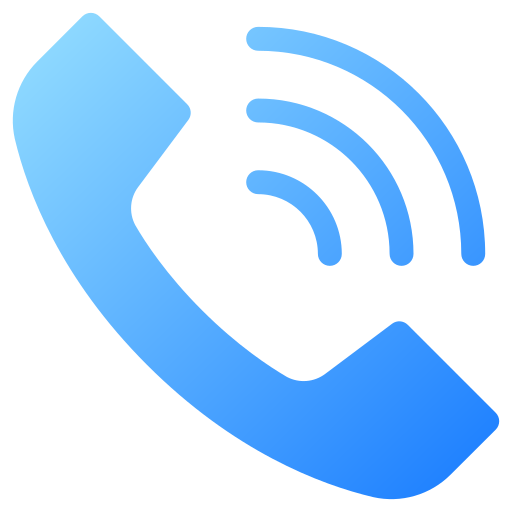Introduction
Telemedicine has revolutionized healthcare delivery, offering patients convenient access to medical services from the comfort of their homes. As healthcare providers strive to enhance the patient experience, virtual phone assistants have emerged as powerful tools to streamline various processes. Among the most effective applications of virtual phone assistants in telemedicine are appointment scheduling, patient follow-ups, and prescription refills.
Appointment Scheduling
One of the primary uses of virtual phone assistants in telemedicine is appointment scheduling. By integrating AI-driven assistants into scheduling systems, healthcare providers can significantly reduce the administrative burden on staff. Patients can easily interact with the virtual assistant to set, reschedule, or cancel appointments through voice commands or text-based chat. This not only ensures that appointment slots are efficiently utilized but also enhances patient satisfaction by providing immediate assistance, 24/7 availability.
Patient Follow-Ups
Another critical area where virtual phone assistants excel is in patient follow-ups. Maintaining patient engagement post-consultation is vital for ensuring ongoing care and adherence to treatment plans. Virtual phone assistants can automate follow-up calls or messages, reminding patients about their treatment protocols and gathering feedback regarding their health status. This proactive approach can lead to timely interventions and improved health outcomes, as patients feel supported and cared for even after their appointments.
Prescription Refills
Lastly, virtual phone assistants are invaluable in managing prescription refills. Patients often face challenges in navigating pharmacy contacts, leading to delays in obtaining necessary medications. A virtual assistant can simplify this process by allowing patients to request refills directly through a voice command or text input. This not only saves time but also minimizes the risk of medication interruptions, ultimately promoting better adherence to treatment regimens.
Conclusion
In conclusion, the integration of virtual phone assistants in telemedicine offers transformative benefits in appointment scheduling, patient follow-ups, and prescription refills. By automating these essential tasks, healthcare providers can enhance operational efficiency, improve patient engagement, and ultimately deliver higher quality care. As technology continues to advance, the role of virtual phone assistants in telemedicine will undoubtedly expand, further enriching the patient experience.

